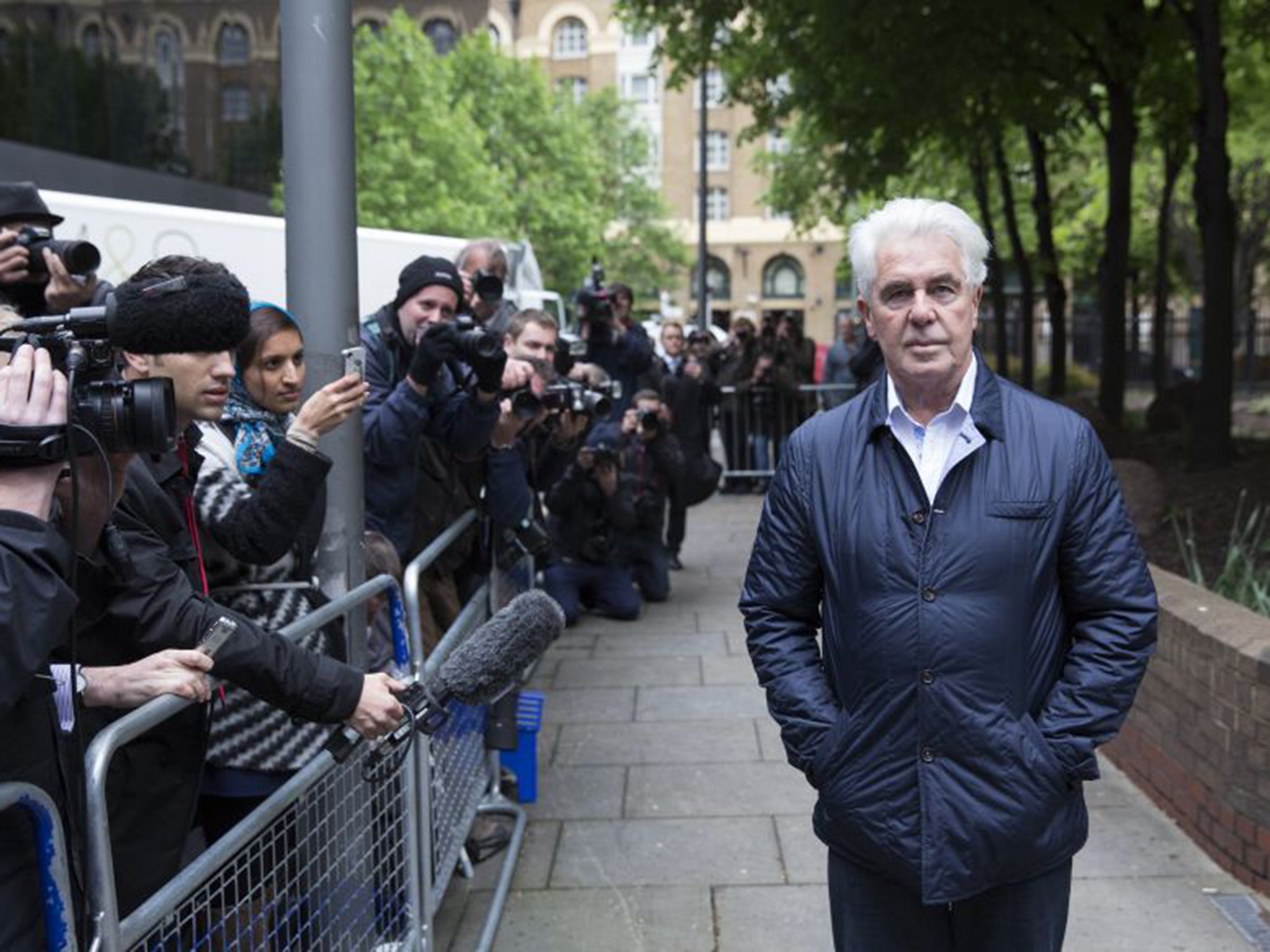Keith Vaz has got it wrong - protecting men should not be the aim of rape laws
I don't doubt it is unpleasant to be wrongly accused of rape but such events are rare

There is a problem with rape in this country; it just isn’t the one we keep being told about. The vast majority of people who commit serious sexual offences are never even questioned but what we hear about repeatedly is a handful of well-known men who have been wrongly accused of rape.
If you listen to quite a few politicians and much of the press, you might think it’s a much more pressing problem than getting justice for the huge number of women and girls who currently have no hope of ever seeing their attackers brought to justice.
You might even believe that most men live in terror of malicious accusation, and that it’s got worse since the setting up of Operation Yewtree (otherwise known as a “witch-hunt” of elderly celebrities) following the exposure of Jimmy Savile. This is all nonsense, of course, but it surfaced again last week when a committee of MPs recommended that suspects should be entitled to anonymity, even in rape cases, until they are charged.
The Labour MP Keith Vaz, who chairs the Home Affairs Select Committee, said he had been persuaded of the need for change by hearing from the DJ Paul Gambaccini, who described his “12 months of trauma” on police bail before he was told he would face no charges in relation to allegations of historical sex offences. Vaz accused the police of using a “flypaper” technique of leaking details of an arrest in the hope that other victims would come forward, a practice that he denounced as causing “irreparable reputational damage”.
Vaz has got it wrong, in the same way as other politicians and commentators who have previously gone down this route. The Lib Dems did it after the 2010 general election, going even further than the committee and proposing that anyone accused of rape would remain anonymous until convicted. The proposal, opposed by some Labour MPs and women’s groups, was dropped after Conservative ministers said there was insufficient evidence to justify it. That doesn’t stop it resurfacing, especially when one or two high-profile men – most recently the Conservative MP Mark Pritchard – complain that they were identified in the press even though the allegations against them did not lead to charges.
I don’t doubt that it’s unpleasant to be wrongly accused of rape but such events are rare; a landmark report published by the Crown Prosecution Service two years ago was clear on this point, dismissing myths about high levels of false accusation. I’m not convinced it’s worse than being accused of murder or terrorist offences and I’m offended by the notion that “reputational damage” deserves more concern than the plight of women who have been brutally attacked. Sympathy for a handful of men certainly shouldn’t tip the balance in a way that threatens to make getting convictions in rape cases even harder than it already is.
Publicity is vital for one, very straightforward, reason. Many victims don’t understand that rape is a serial crime; they think they’re the only one who’s been targeted by their attacker. If a woman fears it will be her word against his, she’s less likely to come forward and subject herself to the ordeal of a rape trial; it’s a very different matter when she discovers that the man has been arrested and she is not the only victim.
The presence of multiple accusers makes charges and convictions more likely, given that juries are less inclined to believe that three or four unconnected women are making up stories.
Popular fiction is full of outlandish serial killers but in real life serial sex offenders are a much more common problem. Savile may have been unusually prolific but the black-cab rapist, John Worboys, is believed to have targeted more than 100 women. The trials of the so-called “celebrities” who were charged in the wake of the Savile revelations confirm the serial habits of men who commit serious sexual offences: the television presenter Stuart Hall had more than a dozen victims, while the publicist Max Clifford and the entertainer Rolf Harris were each convicted of offences involving four victims.
A similar pattern emerges if you look at the convictions of “ordinary” men such as Adam Downworth, who was jailed for life at Manchester Crown Court in 2013 for the particularly brutal rape of five women. A former police officer, Wayne Scott, was jailed in the same year for eight rapes involving three women; after his trial at Newcastle Crown Court, detectives appealed to other victims to come forward and said Scott was a prolific offender who could have attacked “any number” of women.
These cases are not unusual. Last week, in a meeting with senior officers from Scotland Yard, I heard a statistic I’ve encountered on many similar occasions: they think they only hear about a fifth of rapes committed each year. Reports are up post-Savile but politicians should be asking what stops so many women going to the police and what can be done to encourage victims to have the confidence to report attacks.
I don’t think it’s acceptable that thousands of sex offenders are walking around perfectly free, safe in the knowledge that they are unlikely ever to be arrested. I hate knowing that so many rape victims are living with psychological scars and, in some cases, the additional burden of having to see their attacker on the street – he may be a former partner, neighbour or co-worker – as though nothing ever happened.
The police and prosecutors know that this is the reality of rape in this country; I just wish legislators and opinion-formers would pay more attention to it.

Join our commenting forum
Join thought-provoking conversations, follow other Independent readers and see their replies